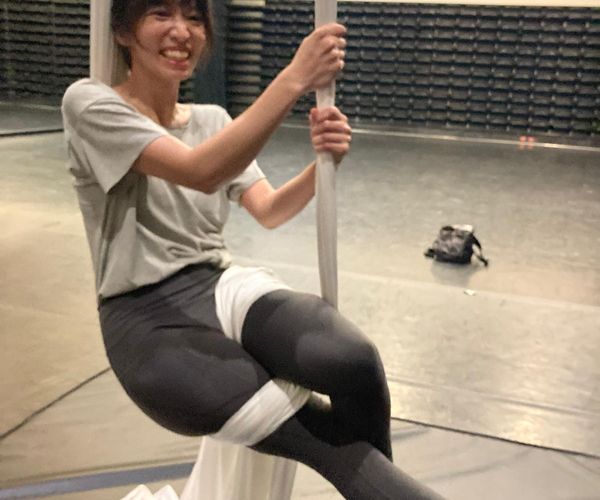I was naïve when I started my PhD. I still remember my first-round interview: someone asked, “Do you know the challenges you may face during the PhD?” I said yes. I knew it would be tough, and I was ready. I’d worked with faculty for years and supported doctoral students.
Now, I’ve lived through reverse culture shock, self-doubt, self-blame, isolation, and imposter syndrome. Studying in the United States has changed me, especially in how I communicate, think more logically, and practice patience and empathy. Through coursework and team projects, I learned to ask questions and search for resources. But last fall, things became severe. I lost motivation and felt research was no longer intriguing me. After four years in Boston, I feel a wall between me and home; trips back now feel awkward. As an international student from Taiwan, I’ve been far from family and old friends and have had to build a new community from scratch. It’s hard to maintain friendships when our backgrounds and programs differ and people move away after graduating or changing jobs, which has made me more hesitant to seek help. Some mornings I woke up unable to sit at my desk; sometimes I couldn’t breathe in my room. I also lost the ability to figure out what support I needed. Things worsened this spring after I got news about my visa status and instability in my research environment. I’m worried about my career, as my scholarship requires me to return to my home country immediately after graduation.
Even in a gloomy stretch, I reminded myself of my original goal for this journey: to graduate and do something interesting. I gradually tried several things to pull myself out. I spoke with my advisor, which eased some anxiety but didn’t reignite my dissertation momentum. I reached out to mentors, including my committee members, EWL mentors, and a mentor who have known me for more than a decade and encouraged me to pursue a PhD. One mentor reminded me of what I’m capable of and encouraged me to act. I asked senior students their experience and friends to connect me with experts, so I could ask what felt like “stupid” questions. I also sought professional support. Therapy has helped me organize my thoughts and steady my breathing. I’m learning to set aside what I can’t control. I know that dwelling on those worries can overwhelm me. I’m practicing how to live with uncertainty, especially in a turbulent time like this. I don’t know what will happen next, but I can keep showing up and doing what I can.
To ease my guilt about wasting time, I divided my day into three segments: morning, afternoon, and night. I put different tasks in the segments and set aside time to work out and, this summer, to learn a new skill: aerial silk. Trying new things energizes me and keeps me going, so I started seeking other resources that help me move, train, and grow. As Fall begins, I’m away from social life but exploring more of this city and working toward a healthier balance between research and life. I’m not perfect at time management or anxiety, but I’m learning to process my emotions and move forward. Goals matter, but caring for my well-being matters more.

